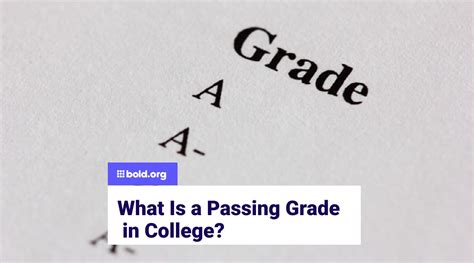A W grade, or withdrawal grade, is a mark on a student’s transcript that indicates they withdrew from a course after the drop/add period but before the final exam. It is different from an F grade, which is earned when a student fails a course.

Why Do Students Withdraw From Courses?
There are many reasons why students withdraw from courses. Some of the most common reasons include:
- Academic difficulties. Students may find that they are struggling in a course and decide to withdraw to avoid a failing grade.
- Personal issues. Students may experience personal issues, such as illness, family emergencies, or financial problems, that make it difficult to continue in a course.
- Scheduling conflicts. Students may find that they have a scheduling conflict with another course or activity and need to withdraw from one of the courses.
- Change of major. Students may change their major and decide that a particular course is no longer relevant to their new major.
What Are the Consequences of Withdrawing From a Course?
The consequences of withdrawing from a course vary depending on the school’s policies. However, some common consequences include:
- Loss of credit. Students who withdraw from a course will not receive credit for that course.
- Impact on GPA. A W grade will not affect a student’s GPA, but it will still appear on their transcript.
- Financial penalties. Some schools may charge a fee for students who withdraw from a course after the drop/add period.
Should You Withdraw From a Course?
The decision of whether or not to withdraw from a course is a personal one. There are pros and cons to withdrawing, and students should weigh the pros and cons carefully before making a decision.
Pros of Withdrawing From a Course:
- Avoids a failing grade
- Frees up time to focus on other courses
- Reduces stress
Cons of Withdrawing From a Course:
- Loss of credit
- Impact on GPA
- Financial penalties
Tips for Withdrawing From a Course
If you are considering withdrawing from a course, it is important to talk to your professor and academic advisor. They can help you weigh the pros and cons of withdrawing and make the best decision for your academic career.
Here are some tips for withdrawing from a course:
- Talk to your professor. Let your professor know that you are considering withdrawing from the course. They may be able to offer you support or advice.
- Talk to your academic advisor. Your academic advisor can help you weigh the pros and cons of withdrawing and make the best decision for your academic career.
- Submit a withdrawal form. Once you have decided to withdraw from a course, you need to submit a withdrawal form to the registrar’s office.
- Check the deadline. Make sure to withdraw from the course before the deadline. The deadline for withdrawing from a course varies depending on the school.
Conclusion
Withdrawing from a course is a serious decision. Students should weigh the pros and cons carefully before making a decision. If you are considering withdrawing from a course, it is important to talk to your professor and academic advisor.
Table of Contents
- What is a W Grade in College?
- Why Do Students Withdraw From Courses?
- What Are the Consequences of Withdrawing From a Course?
- Should You Withdraw From a Course?
- Tips for Withdrawing From a Course
- Conclusion
- Table of Contents
Helpful Resources
- The National Center for Education Statistics (NCES)
- The College Board
- The American Council on Education (ACE)
